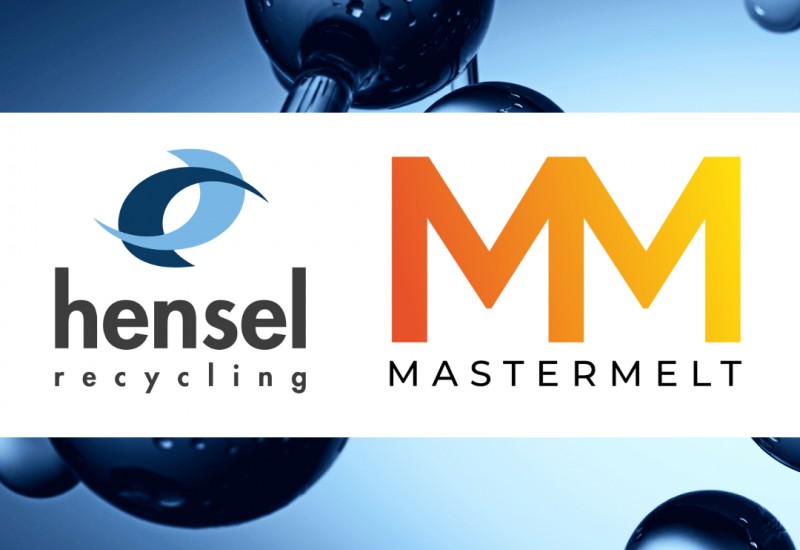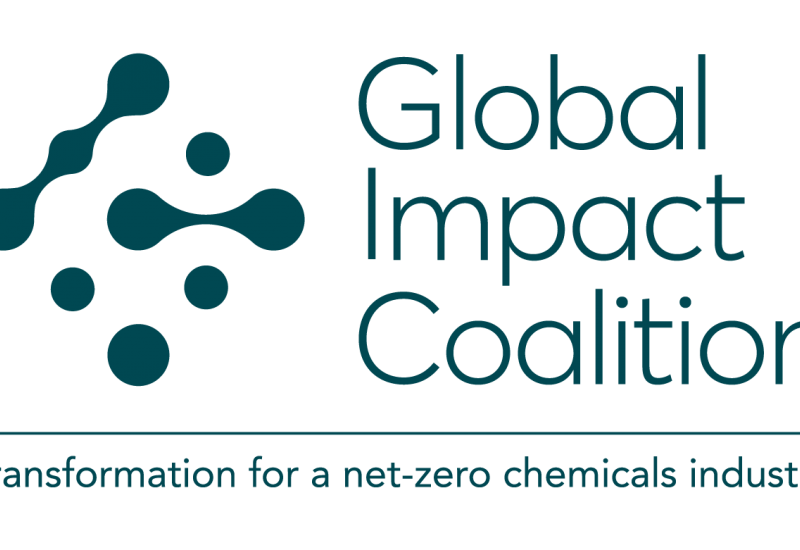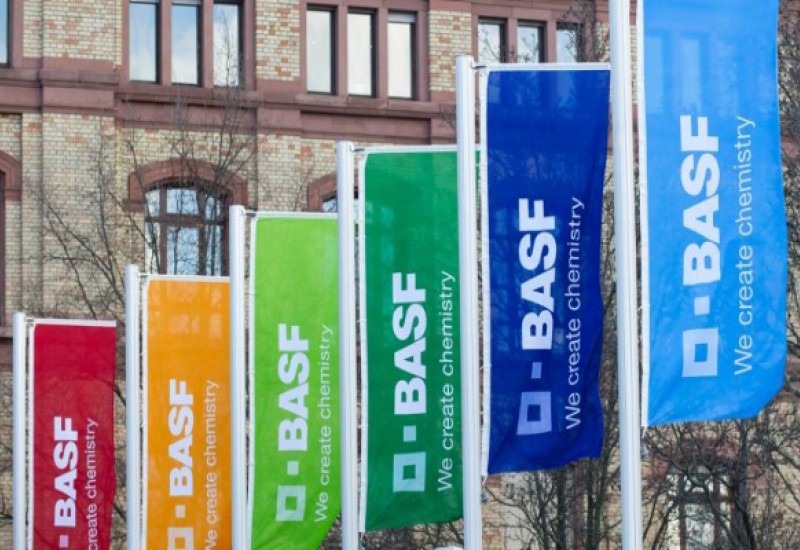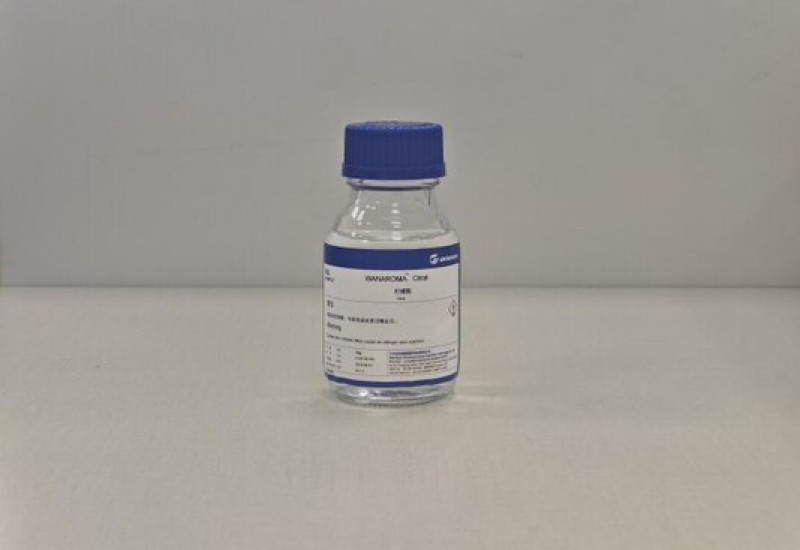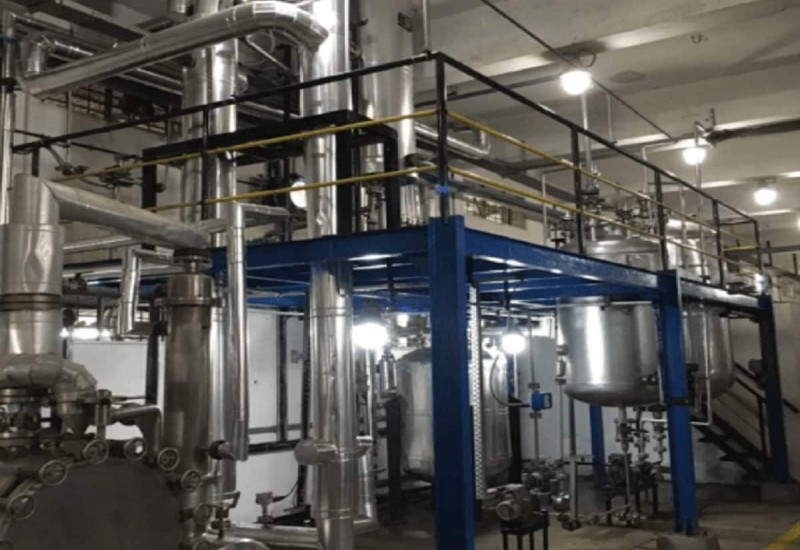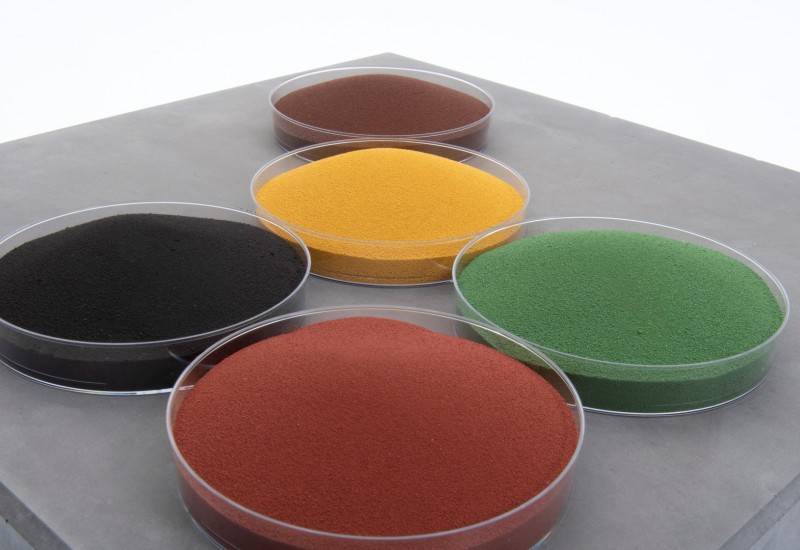Mastermelt to work with Hensel
Mastermelt has formed a strategic collaboration with a long-time partner, Germany’s Hensel Recycling. This aims to advance the recycling and processing of platinum group metal (PGM)-based fuel cell and electrolyser materials in Europe, combining the former’s expertise in processing and refining with the latter’s in the collection, dismantling and mechanical processing of end-of-life fuel cells.


